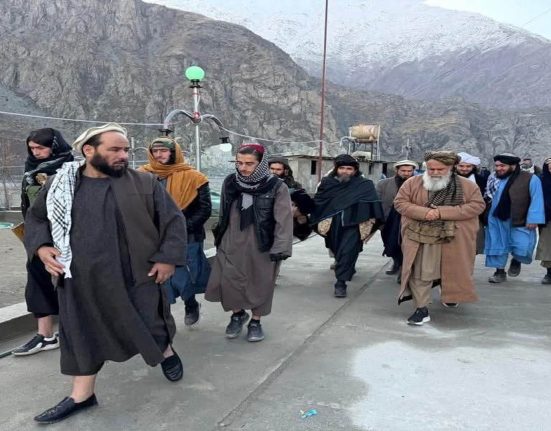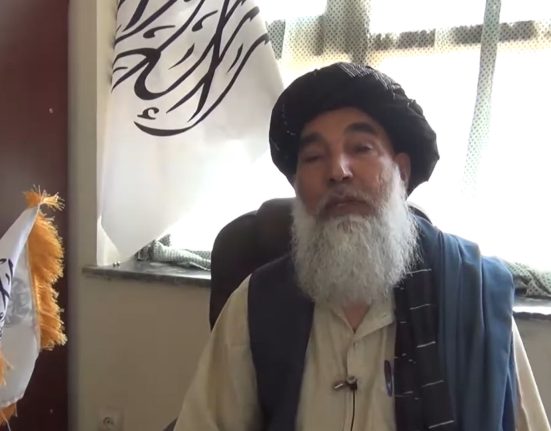
US and Europe seeking to interact with the Taliban to expel Afghan refugees.
The United States has called for direct cooperation with the Taliban for the expulsion of about 12,000 to 15,000 Afghan refugees, which are called “illegal”.
According to an American diplomat, Washington has increased its diplomatic contact with the Taliban in recent months, and has even been traded with the group in cases such as the cancellation of the 10 million $ prize for Serajuddin Haqqani and the release of US prisoners.
The Economist wrote that US officials and the Taliban meet in Doha every week; The focus of these meetings is the issues of human rights, the fight against terrorism and drug trafficking.
Alongside the United States, Germany has been directly interviewed with the Taliban in recent months to dismiss Afghan asylum seekers and has even accepted two Taliban diplomats in Berlin and Ben.
Berlin has returned several Afghan refugee rounds to the country, despite the warning of human rights organizations that Afghanistan’s insecure for return.
At the same time, in spite of opposition to the acceptance of former Afghan government diplomats, a special representative in Kabul has appointed a special representative in Kabul, who had met with Taliban officials at least once.
The European Union, Norway and Switzerland have also expanded their level of ties with the Taliban in diplomatic and humanitarians in recent months.
These developments come as the Taliban have not yet been formally recognized by many countries.
However, Russia has recently accepted the group as the Afghan government, and some other countries are pursuing a similar path unofficially.
The Economist emphasizes that the Taliban’s economic interactions with China, Russia and Central Asian countries are expanding, and many governments have marginalized human rights considerations against economic and security interests.
“When the Taliban have to choose between an energy contract with Uzbekistan and a Western preaching about girls’ education, it is clear.”
According to the magazine, despite the economic and social pressures caused by the decline in humanitarian aid and the return of immigrants from neighboring countries, the Taliban still have a relatively stable sovereignty due to the absence of a powerful domestic or foreign opposition.







